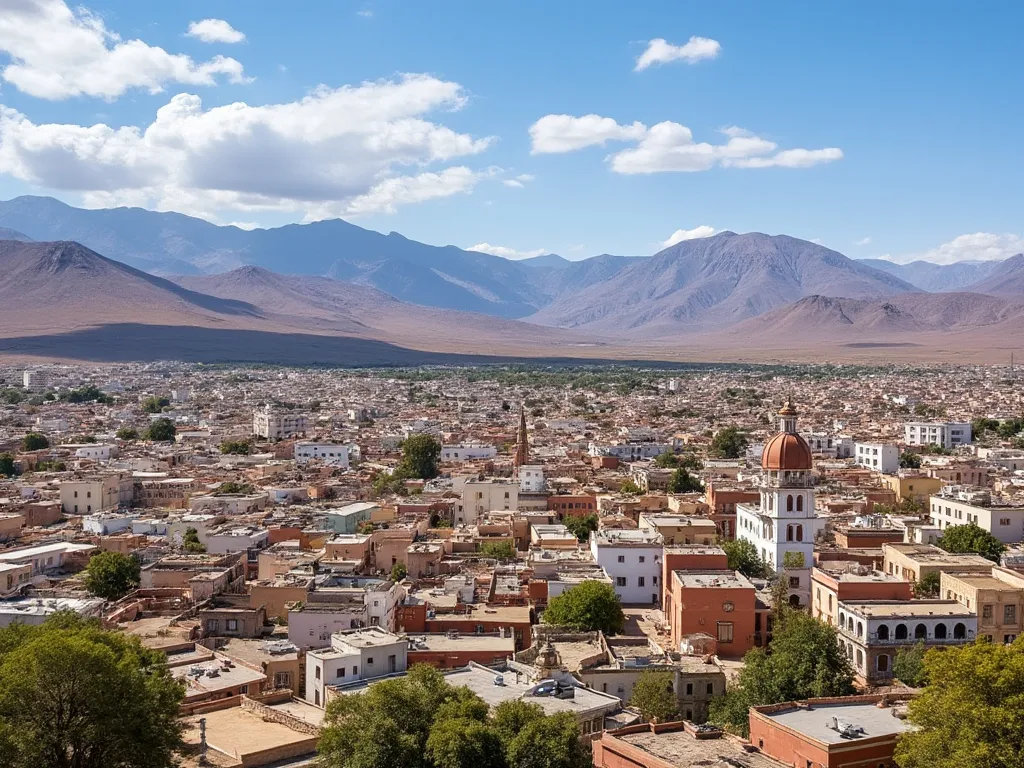
Asmara is the capital city of Eritrea, a country located in the Horn of Africa. The city has a rich history dating back to the late 19th century, when it was founded by Italian colonizers. Asmara is known for its well-preserved colonial architecture, vibrant cultural scene, and stunning natural surroundings.
Asmara Information
| Country | 🇪🇷 Eritrea |
| Population | 963,000 |
| Coordinates | 15.33°N 38.93°E |
| Area | 12,158.1 km² |
| Climate | Tropical savanna climate |
| Language | Tigrinya, Arabic, English |
| Currency | Nakfa |
| Time zone | East Africa Time (EAT) |
| Proximity to other major cities | Nairobi (1,440 km), Khartoum (760 km), Addis Ababa (560 km) |
Interesting Facts About Asmara
- Asmara is often referred to as the "New Rome" due to its Italian colonial architecture.
- The city has a number of museums, including the National Museum of Eritrea and the Museum of Asmara.
- Asmara is home to a number of traditional markets, including the Grand Market and the Vegetable Market.
Tourist Attractions in Asmara
- National Museum of Eritrea: A museum showcasing the history and culture of Eritrea.
- Orthodox Cathedral of Enda Mariam: A historic church built in the 19th century.
- Al Khulafa Al Rashidin Mosque: A mosque built in the 1930s, known for its unique architecture.
- Italian-style Church of Our Lady of the Rosary: A church built in the early 20th century.
Historical Background of Asmara
Asmara was founded in 1889 by Italian colonizers, who named it after the nearby village of Asmara. The city quickly grew into a major commercial center, with the establishment of a railway line connecting it to the port city of Massawa. During World War II, Asmara was an important base for the Italian military, but it was later occupied by British forces. Eritrea gained independence from Ethiopia in 1993, with Asmara as its capital.
Geographical Location of Asmara
Asmara is situated in the central highlands of Eritrea, at an elevation of 2,400 meters above sea level. The city is nestled in a valley surrounded by mountains, including the rugged Maekel Mountains to the east. The climate is mild and temperate, with moderate temperatures and rainfall throughout the year.
Cultural Significance of Asmara
Asmara is a culturally rich and diverse city, with a mix of African, Arab, and Italian influences. The city is home to a number of historic landmarks, including the Al Khulafa Al Rashidin Mosque, the Orthodox Cathedral of Enda Mariam, and the Italian-style Church of Our Lady of the Rosary. Asmara is also known for its vibrant music scene, with traditional Eritrean music and dance performances taking place throughout the city.
Economic Importance of Asmara
Asmara is the economic hub of Eritrea, with a growing number of industries and businesses operating in the city. The city is a major center for agriculture, with coffee, tobacco, and textiles being major export commodities. Asmara is also a hub for tourism, with visitors drawn to the city's historic landmarks, natural beauty, and vibrant cultural scene.
Conclusion on Asmara
Asmara is a city that offers a unique blend of African, Arab, and Italian cultures, with a rich history and stunning natural surroundings. The city's colonial architecture, vibrant cultural scene, and economic importance make it a must-visit destination for anyone interested in exploring the Horn of Africa.
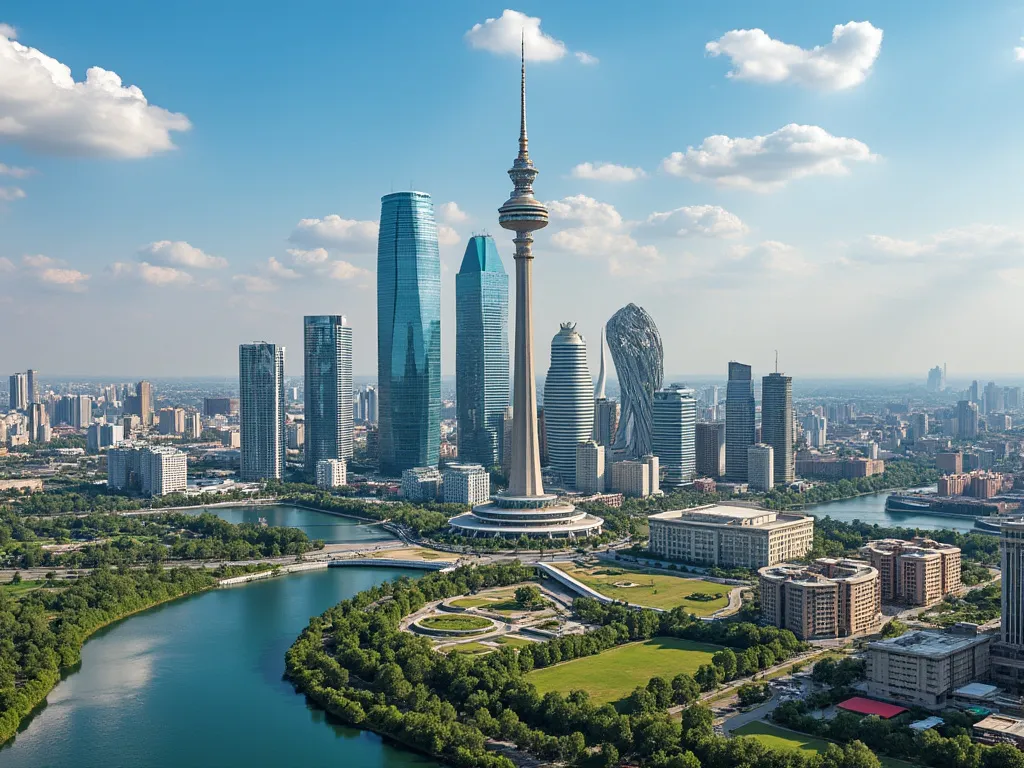 Astana
Astana
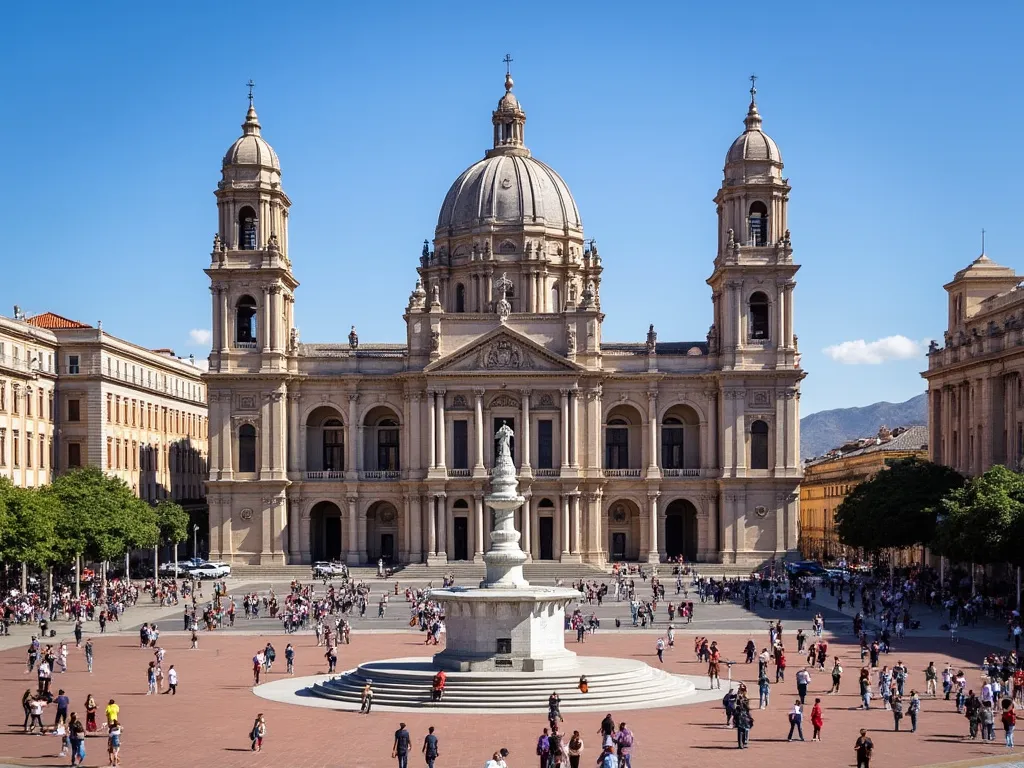 Asunción
Asunción
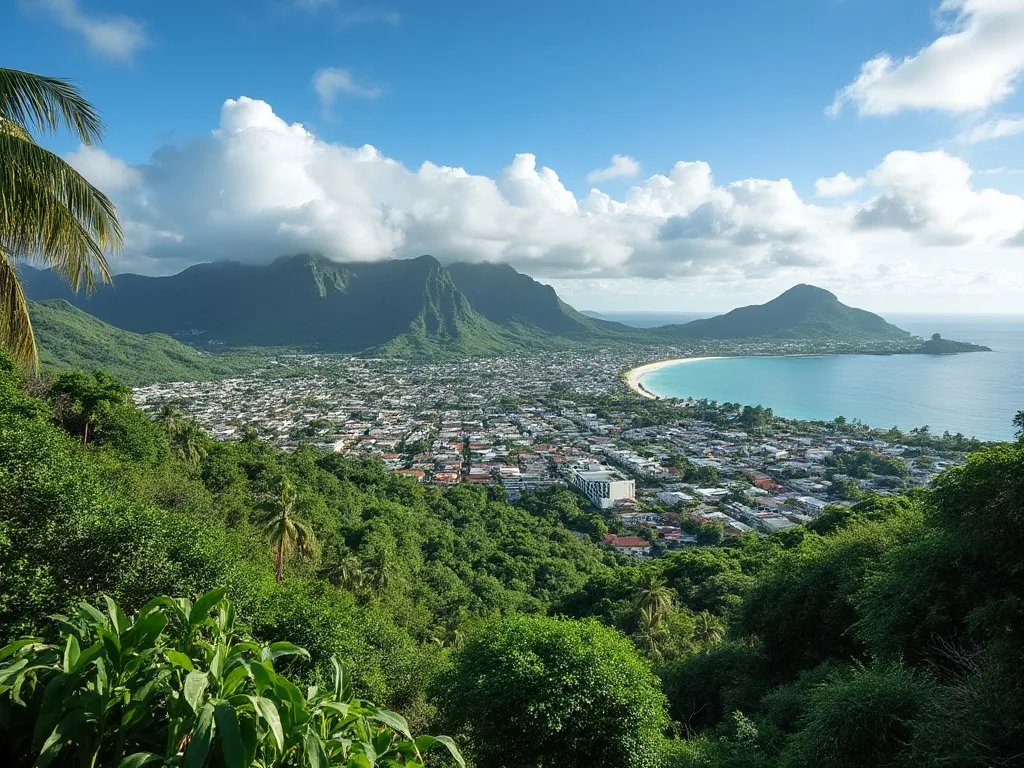 Apia
Apia
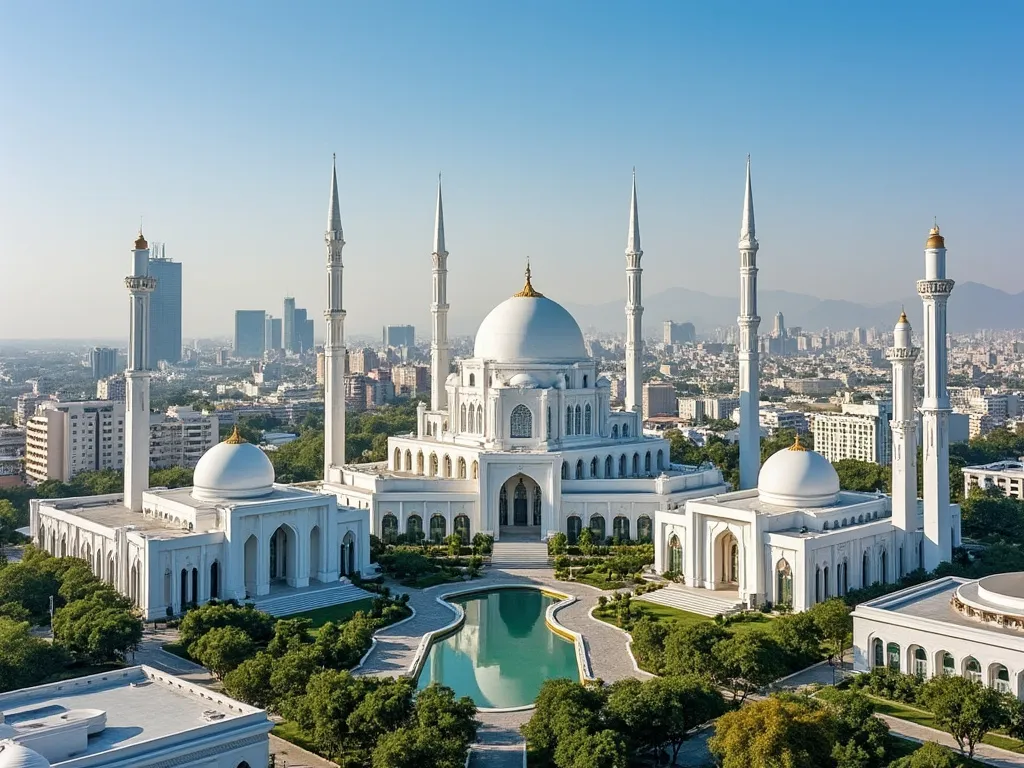 Ashgabat
Ashgabat